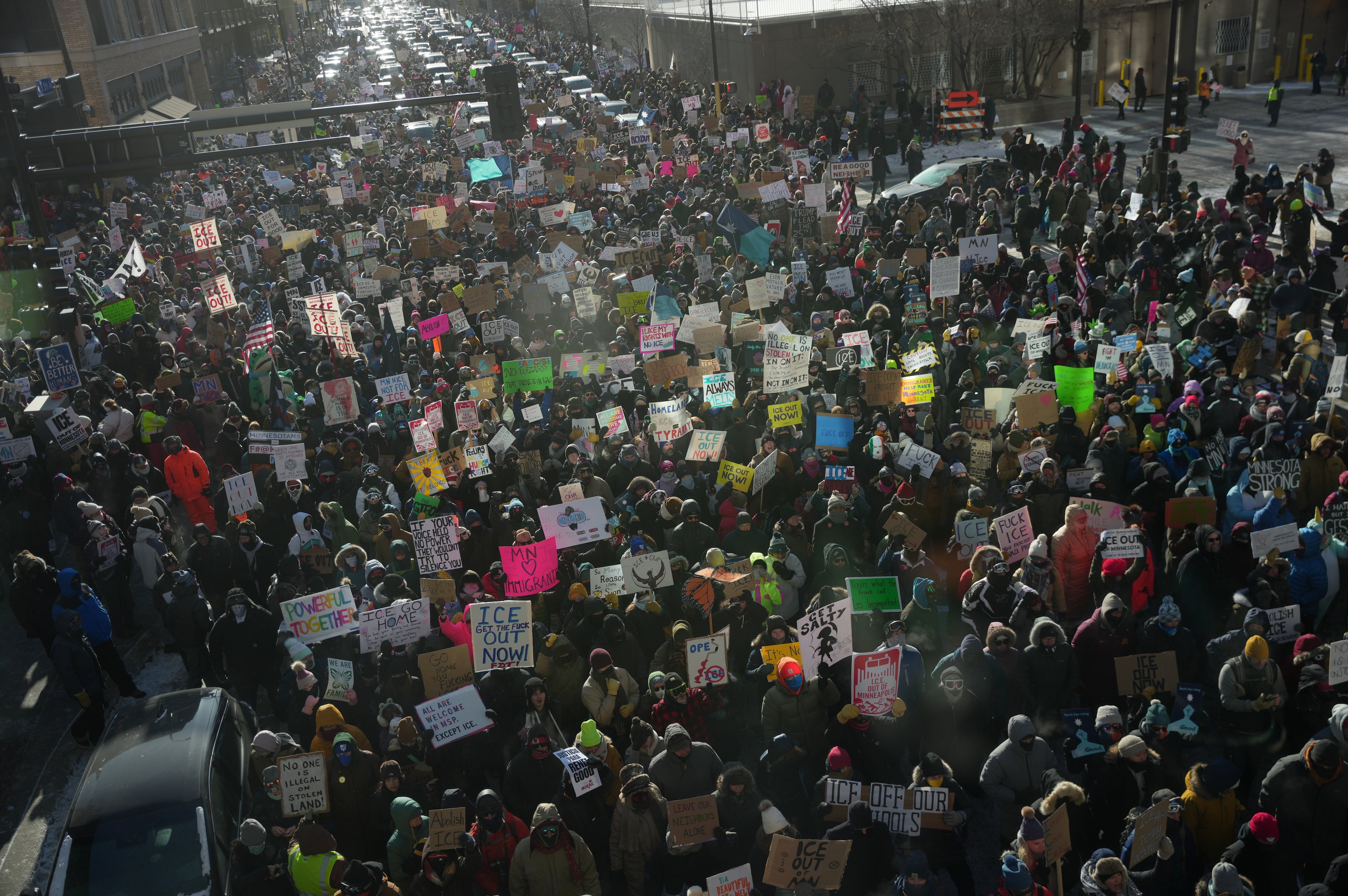Nearly 200 Georgia churches sue to leave the United Methodist Church

Nearly 200 United Methodist churches in Georgia have filed a lawsuit asking a judge to force the United Methodist Church to allow them to leave in a splintering of the denomination over issues of ordination of practicing gay clergy and same sex marriages.
The suit, brought by churches in the North Georgia Conference of the UMC, was filed in Cobb County Superior Court on Thursday.
The plaintiffs listed in the suit include at least 185 churches, representing slightly more than a quarter of the member churches in the conference. There are 700 churches in the North Georgia Conference, which covers the area north of Macon.
Usually churches that want to leave the conference would follow steps in the denomination’s official disaffiliation plan. However, the North Georgia Conference in December temporarily halted requests to leave, citing “factually incorrect and defamatory” information circulating about the process for disaffiliation.
The lawsuit names several defendants, including former Bishop Sue Haupert-Johnson, current Bishop Robin Dease, the board of trustees, the North Georgia Conference and others.
Just last summer, delegates in the North Georgia Conference voted overwhelmingly to allow 70 member churches to voluntarily leave, some citing opposition to ordination of practicing gay clergy and same sex marriage.
The churches that left the conference paid their share of denominational expenses for the 12 months immediately prior and an additional 12 months after, plus unfunded pension obligations and other liabilities. The churches were allowed to leave with their assets and property.
Churches who filed the suit say they want that disaffiliation process to be reinstated.
“We’re not trying to go without paying,” said Florida Attorney David Gibbs, who represents the churches. Gibbs is with the National Center for Life and Liberty, a legal nonprofit that represents conservative — or traditional — churches. The churches want to make the payments and “do what was done before. The process was working until the North Georgia conference unilaterally just froze it in violation of its own operational doctrine.”
The church has faced decades of turmoil mainly over the issue of homosexuality. In 2019, during the UMC’s General Session, delegates approved a plan upholding and strengthening prohibitions against the ordination of non-celibate LGBTQ clergy and performance of same-sex marriages.
It drew complaints from progressive members, as well as more traditional congregations and clergy who feared eventually the denomination would become more progressive.
For the same reason, hundreds of more conservative-minded churches across the nation have also expressed an interest in leaving the UMC, one of the nation’s largest Protestant denominations.
Religion News Service reported in late March that 1,994 U.S.-based United Methodist churches have left the denomination out of an estimated 30,000 congregations, according to its official tally.
Dease, the current bishop, would not comment on details of the lawsuit. She said the conference and other defendants are consulting with their lawyers.
“Conference leaders remain committed to handling this matter in a fair, transparent, uniform and good-faith manner that affirms the one universal church in service to Christ and honors the mission and ministry of all Christians,” Dease said.
There are 12 months until the next session of the United Methodist General Conference, which will be held April 23 to May 3, 2024, in Charlotte, N.C.
Without the decision to pause disaffiliation requests, churches could have left in June 2023. “With the pause, it’s uncertain when those churches would have the opportunity to leave,” said conference spokeswoman Sybil Davidson.
“This pause will allow churches to gain more information about the real, rather than the false or hypothetical, future of our church,” according to a statement on the conference’s website.
Attorney Gibbs said there is room for resolution, but if the fight drags on for years in court, churches could suffer financially and the conference could be held liable.
“We’re always open and willing,” he said. “It seems like the conference is not taking the concerns of the churches seriously.”


